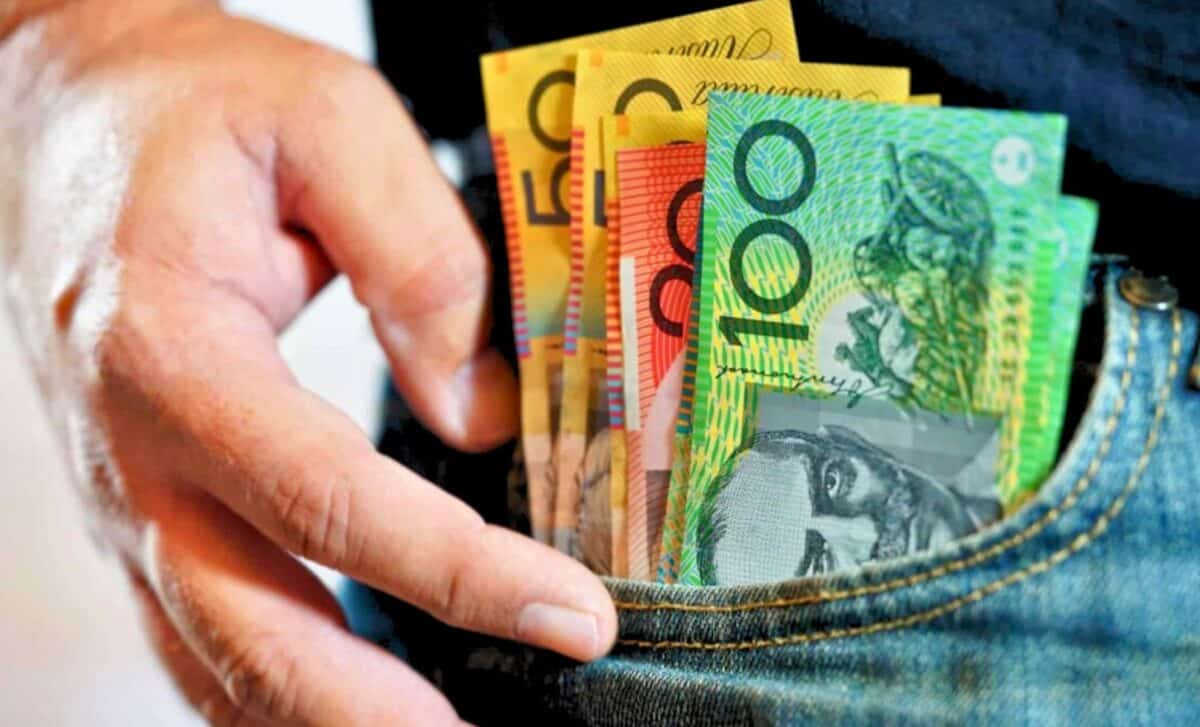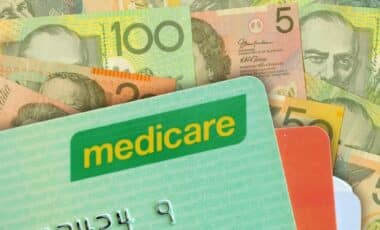The Australian government has announced that the average worker will receive a larger tax cut this year, with Treasury estimates revealing a significant boost to take-home pay. As the cost-of-living crisis continues to weigh on households, these changes aim to provide much-needed relief while fueling economic growth.
Tax Cuts on the Rise: A Welcome Boost for Workers
Under the revised Stage 3 tax cut plan, the average Australian worker is set to receive a tax cut of $1,888 this year, up from $1,629 in the previous year. This increase is tied to the rise in average wages, which the government estimates will climb from $78,000 to $81,000 in the 2024-25 financial year.
Treasurer Jim Chalmers highlighted the significance of this change, stating, “Every taxpayer is getting a tax cut, and they’ll get even more on average in the next year under the Albanese Government.” He emphasized that the increase reflects progress in the economy, particularly after what he described as “a wasted decade under the Liberals and Nationals.”
For high-income earners—those making over $190,000 annually—the tax cuts could be as high as $4,500 per year. However, the benefits are not limited to the wealthy. With wage growth expected to continue, the average worker could see their after-tax pay increase by $2,030 between 2024-25 and 2025-26.
Wage Growth and Tax Relief: A Dual Win for Australians
The combination of rising wages and targeted tax cuts is designed to put more money back into the pockets of everyday Australians. Chalmers noted that the government’s efforts to curb inflation and boost wages are paying off. “We have got inflation down, we have got wages up, we’ve kept unemployment low, and the cost-of-living relief is flowing,” he said.
This dual approach is particularly timely, as many households grapple with rising expenses. By increasing disposable income, the government hopes to stimulate consumer spending and support economic recovery. For workers, this means not only higher wages but also a larger portion of their earnings staying in their bank accounts.
Political Tensions: Chalmers Criticises Dutton’s Tax Proposal
While the government celebrates its tax cut achievements, Treasurer Jim Chalmers has taken aim at Opposition Leader Peter Dutton’s proposed tax policy. Dutton’s plan, which targets small businesses, would allow companies with a turnover of less than $10 million annually to claim tax deductions of up to $20,000 for dining and entertainment expenses.
Dutton framed the policy as a win for both small businesses and the hospitality sector, stating, “This is a win for the small business spending the money on their staff or clients and a win for the hospitality venues who will see an increased spend in their businesses.” However, Chalmers criticized the proposal, arguing that it could exacerbate inflation and questioned its fiscal responsibility.
“Why isn’t the Coalition releasing this costing if they’ve received it?” he asked. “Why won’t they tell the Australian people how much it will cost taxpayers to provide taxpayer-funded long lunches and golf days for bosses?”
The debate underscores the broader political divide over economic policy, with the government focusing on direct relief for workers and the opposition advocating for business-centric measures.









